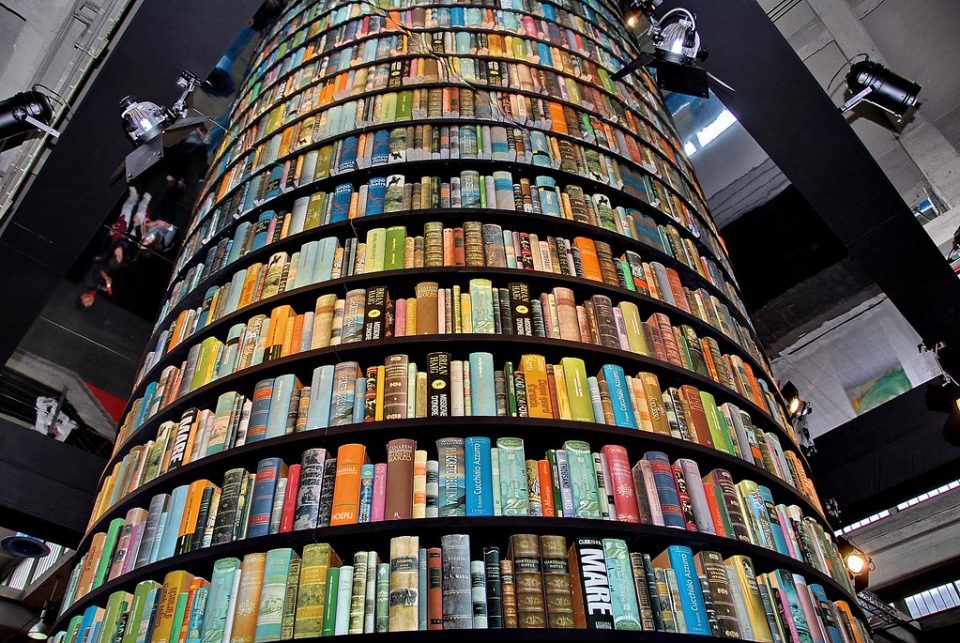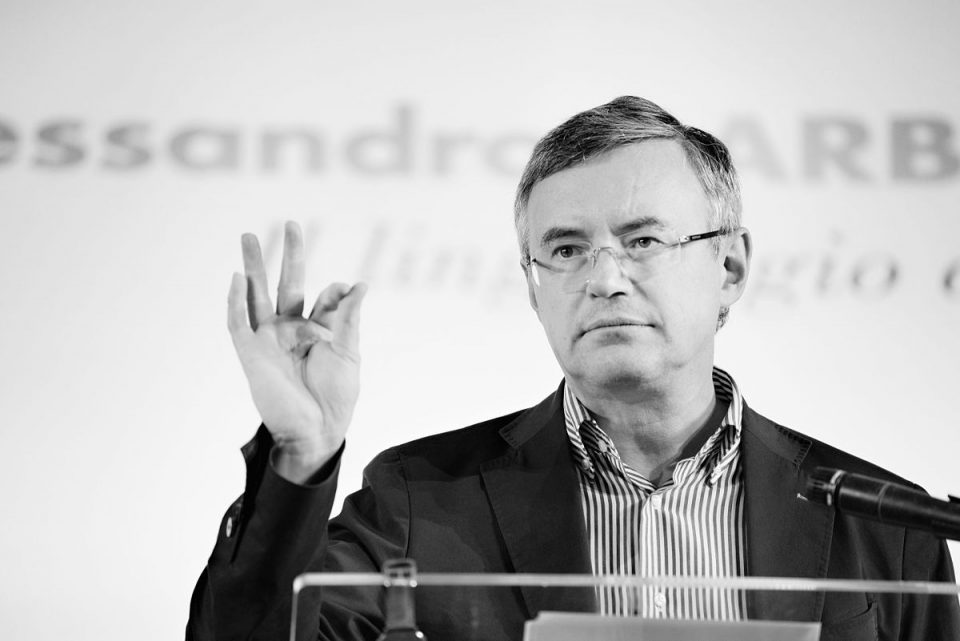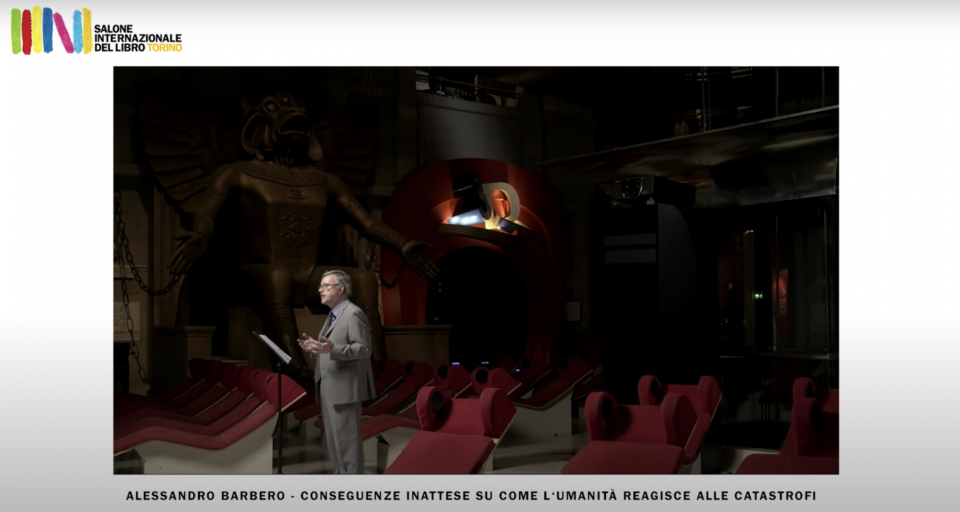“Everyone who loves books and culture cannot miss it.”

“Culture confirms itself as the driving force of rebirth.” (Alessandra Bianco, Corporate Communication Director of Lavazza)
“The community of the International Book Fair of Turin broadened. For four days, some of the most influential writers, thinkers and artists on an international level discuss crucial topics of our time.” (Nicola Lagioia, Director of International Book Fair of Turin)
“By studying the past and reading the present from a critical perspective, culture helps us to draw a scenario of rebirth and upswing useful for the future […]” (Renato Boero, President of Iren)
This year the International Book Fair of Turin took place from the 14th to the 18th of May but there was one big change. Instead of occurring at its traditional location, the Lingotto, it had to adapt to the digital format, surprisingly reaching an even broader public. With more than 60 events and 140 guests from all over the world, this year the International Book Fair reached a new level of success, managing to also involve students through online projects.
What is the International Book Fair of Turin? It is a cultural marathon, a great network of writers, booksellers, agents, illustrators and translators. People working in any type of sector within the publishing world meet for an exchange of knowledge. It has been open to the public for over 32 years, reaching 148.000 visitors just last year, but this year was different. Instead of postponing the event due to covid-19, the organizers decided to adapt it to the online format because, as the official website says, “the International Book Fair of Turin is not a place but rather a community”. It was an important decision to keep literature present also in these difficult times while emphasising the power that stories can have thanks to the universal language that transcends borders, time and difficulties that may seem insurmountable.

Literature decides to resist, to mark its presence online through the live streaming of all the events. This year’s edition is called #SALTOEXTRA, which means extra jump because they want to show that we can all react to the situation not by postponing events but rather by thinking about an alternative. Thanks to the digitalisation of the event, the Fair reached a total of 5 million views on Facebook, Instagram and Youtube, a very successful record.
The opening on the 14th of May was inaugurated by Alessandro Barbero – an Italian historian, novelist and essayist – with a lecture titled “Unexpected Consequences – how humanity reacts to catastrophes”. The talk took place at the Mole Antonelliana, the landmark building in Turin, the city that hosts the Fair every year. Professor Barbero talked about how man is not designed to predict the future and that the consequences of the main historical events are always in some way unexpected. The human obsession with predicting the future has been present since the ancient times when in order to predict the prosperity of the reign or the outcome of a battle, ancients observed the flight of birds or the entrails of a hen. Professor Barbero observed that although our generation has not experienced a significant historical event until now, this does not mean that history stopped; history is constantly changing and this change is visible in social interactions and the relations between rich and poor. There is a great difference between a 20-year old of today and a 20-year old of 1920 who had already experienced the First World War and the October Revolution, two significant events that changed history forever.

Professor Barbero continues saying that from one day to another we found ourselves within a big historical transformation, a unique event that represents also the first significant threat of globalization for all the countries of the world who have to face the same problem at the same time. Priorities shift quickly; economical growth becomes secondary in order of importance to health and prevention. History could be interpreted as a catalogue of events and the reactions of men in front of these crisis. The Antonine plague, for example, took place in the II century AD in the Roman Empire; cities started to empty and Romans understood the value of mankind. Marcus Aurelius, instead of choosing slavery as the answer, opens the borders and lets the ‘barbarians’ of the Roman colonies work within the Empire, integrating them in Roman society.

It is worth remembering that the plague that devastated Italy in 1348 inspired Giovanni Boccaccio to write the masterpiece titled Decameron, a collection of 100 novellas told by a group of young women and men on the hills just outside of Florence while escaping the Black Death. Later, around the year 1630, the great Italian author Alessandro Manzoni wrote the historical novel titled The Betrothed that tells the story of Renzo and Lucia, a young couple who is planning their wedding and that undergoes a series of unfortunate events. The background of this novel is the plague that struck the city of Milan, in fact, both Renzo and don Rodrigo – the antagonist of the story – get sick but only Renzo is able to recover.
Professor Barbero concluded his lecture by quoting Gaetano Salvemini – an anti-fascist writer and acclaimed historian, both in Italy and abroad, who was forced into exile by Mussolini’s Fascist regime: “the marvellous human formicary is quicker at rebuilding than the others are at destroying.”